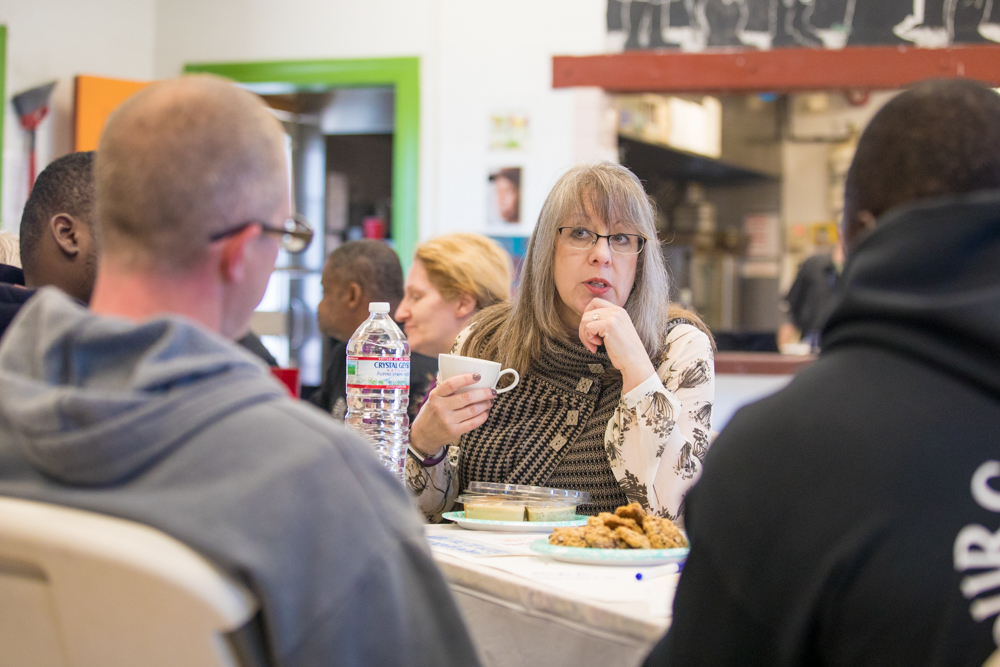Second-year master’s degree candidates in the conflict transformation and restorative justice programs at Eastern Mennonite University’s Center for Justice and Peacebuilding (CJP) completed practicums in restorative justice, transforming extremism, identity formation and more. They share about their experiences and professional development during capstone presentations, a highlight of each semester. Listed below are both spring semester 2020 and fall semester 2019 presentations.
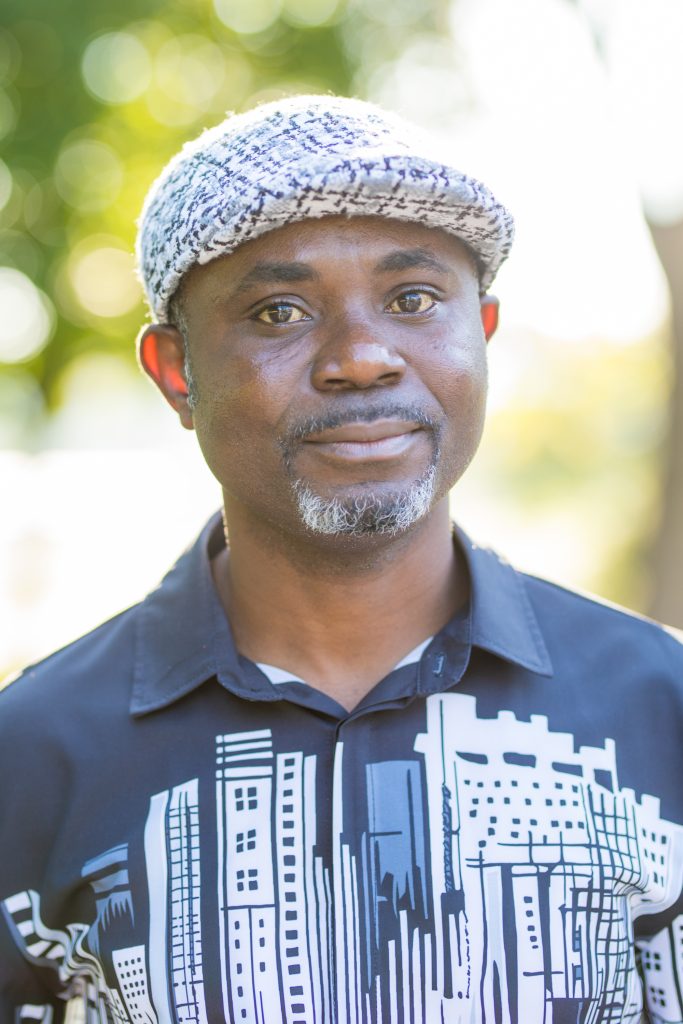
Pablo Akindoa: Learning from the UN Peacebuilding Perspective through the Congolese Permanent Mission
As a bureaucratic organization expected to play different roles in terms of maintaining international peace and security, the work of the UN is complex due to the diversity of its mission and the needs of humanity it attempts to meet. UN peacebuilding is particularly complex in the size and number of the state members including different organizations, institutions, and agencies which are contributing as decision-makers, contributors, or partners.
Learning about how this difficult and often controversial work is done, within the UN Peacebuilding mandate and through the lens of the Congolese mission, requires an understanding of the implications of the political and diplomatic influences that characterize international relations.Therefore, using the Congolese lens gives a specific meaning and clarifies the implication of the political and diplomatic influences that characterize UN peacebuilding practice.
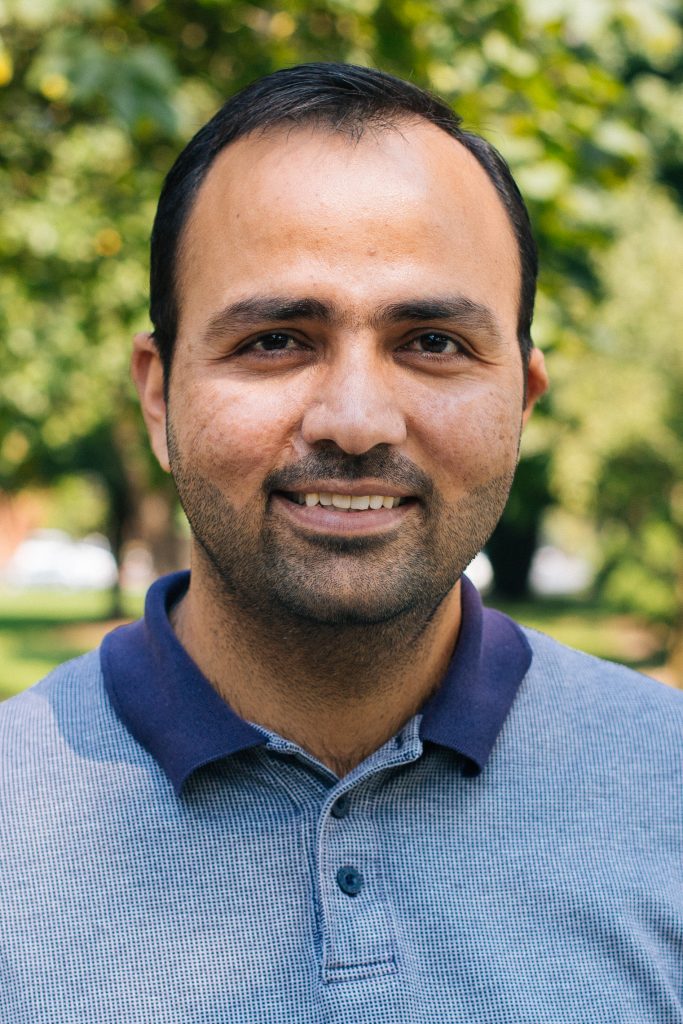
Muhammad Akram: Development Monitoring in Fragile Contexts
Akram will be presenting his learning to design monitoring of development interventions by World Bank in fragile and armed conflict settings, specifically in Afghanistan, the most affected country per global terrorism index.
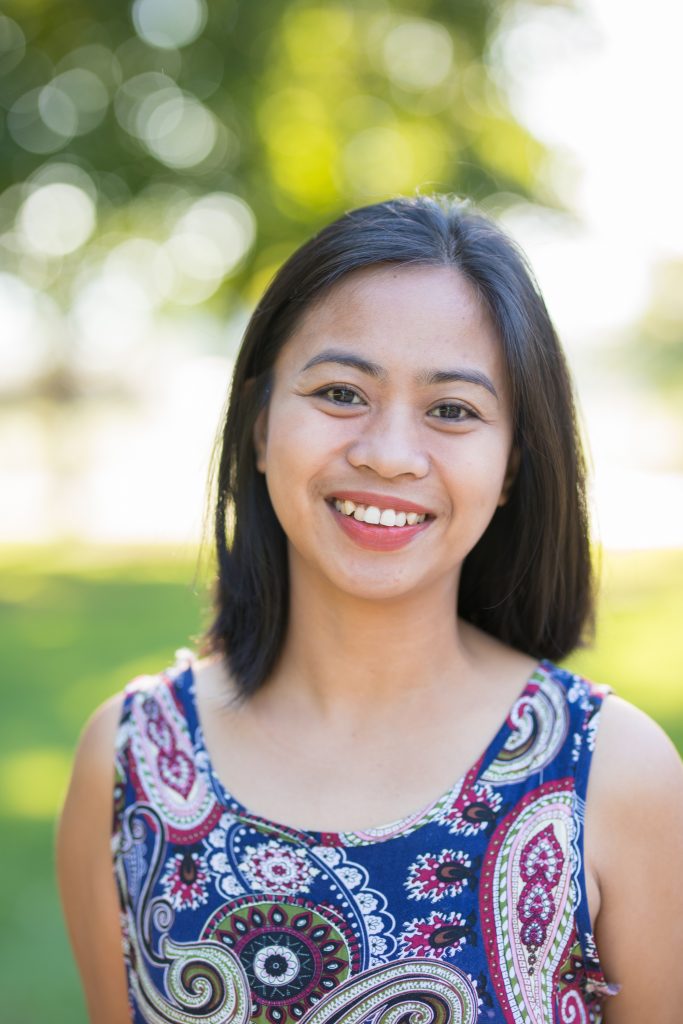
Tala Bautista: Localizing and decolonizing peacebuilding through a for-profit social enterprise: The story of Coffee for Peace and Peacebuilders Community
While seeking to understand what it means to be an indigenous researcher, Tala explored various questions including: What does localization and decolonization look like for a peacebuilding organization funded by international partners? How can a social enterprise help in the localization and decolonization of peacebuilding?
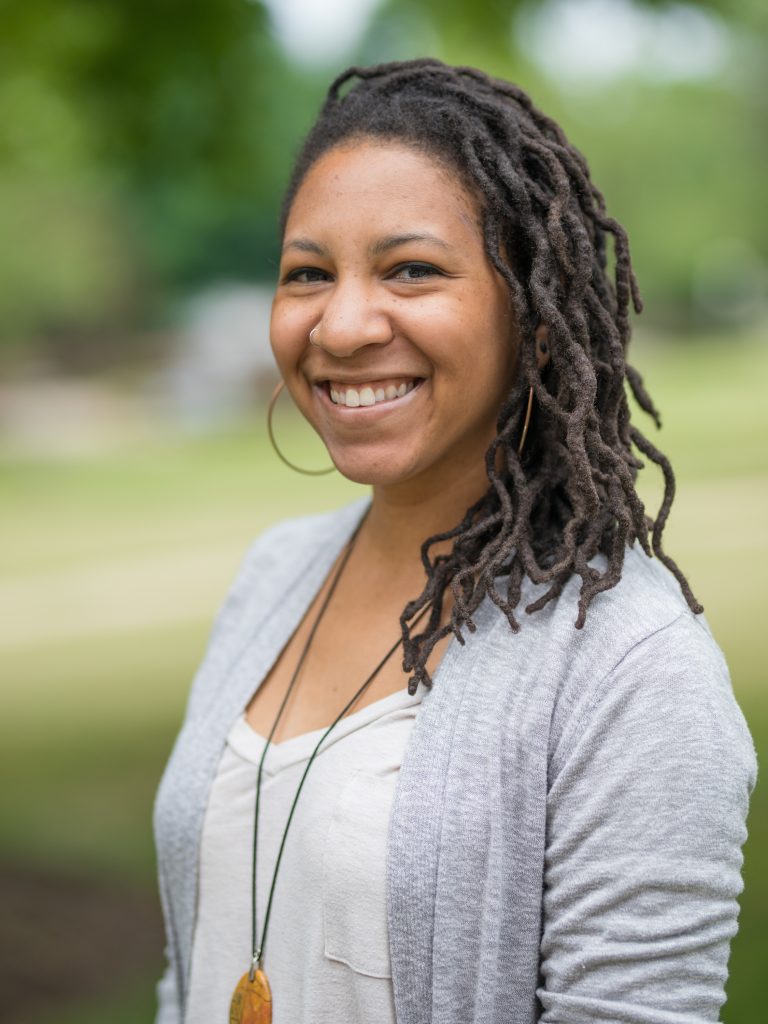
Kirby Broadnax: “The Best Laid Plans” or, how I’m learning to trust-fall into the arms of the universe!
Anyone who knows Kirby knows that she is constantly struggling to release the high expectations she holds for herself. Unexpectedly so, her practicum in Richmond, VA at Initiatives of Change has been an experience that has continued to support her in this journey! Kirby will share about her learnings on leading with creative expression and a global mindset; her discovery that a project she was initially on the fence about became the most exciting work opportunity; and the many ways she was reminded that the world keeps turning and beauty blossoms even when her detailed and well-intentioned plans go astray (thank goodness for that)!
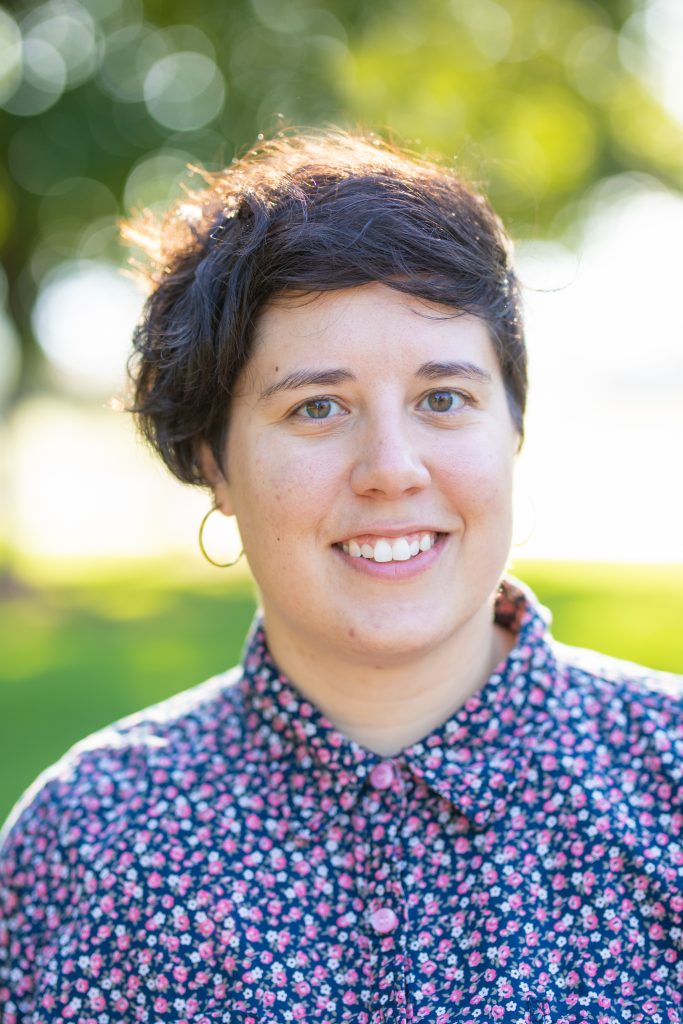
Yasmiene Mabrouk: Using Art to Move Through Mental Illness
In an independent art and research project, Yasmiene further developed their artistic voice in communicating about social justice issues.They used social media to take on issues personal and political, explored the ways they have processed trauma around sexual assault, and used art and therapy to treat their depression and anxiety. Mabrouk will also discuss the use of ritual for grieving, learning, celebrating and processing of trauma and other life events. Guidance from CJP Alum Sarah King and Professor Carl Stauffer supported this process. Intellectual inspiration for this project includes Leah Lakshmi Piepzna-Samarsinha, Alexis Pauline Gumbs, Sherri Mitchell, John Paul Lederach, Johonna Turner, Audre Lorde, Katie Mansfield, Daria Halprin and Q. M. Zhang.
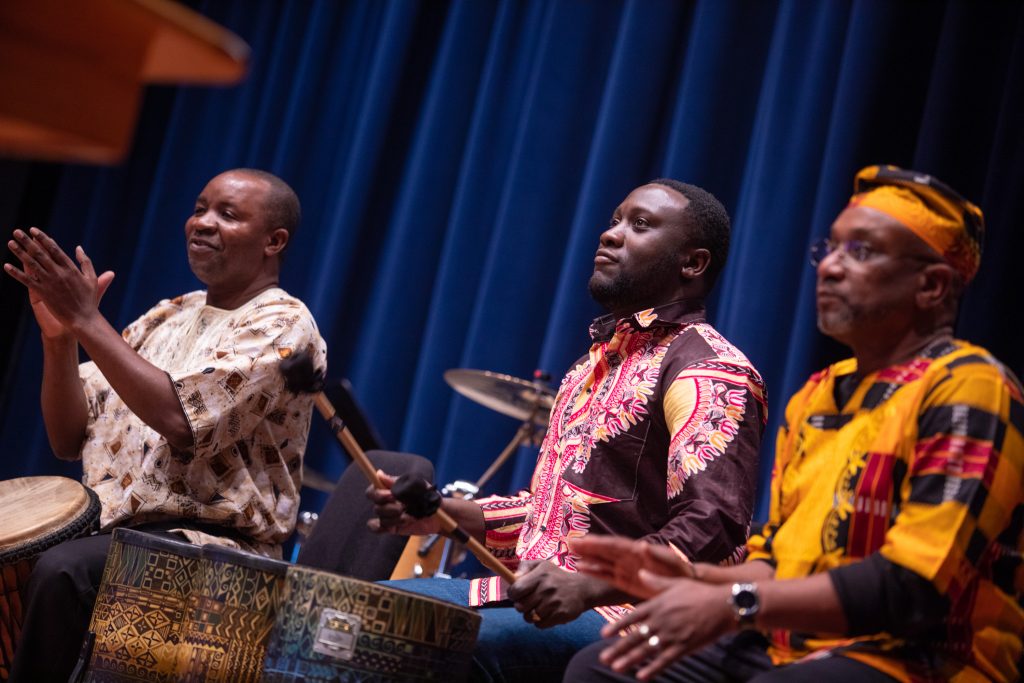
Rodrigue Makelele: Building Stronger Communities
Committing to immigrants, refugees, asylum seekers and other forcibly displaced persons informs Rodrigue’s reason for working with Church World Service, through direct service and advocacy, standing with immigrants and refugees, and together building stronger, more welcoming communities for all. He has learned much from working in solidarity with impacted communities and in partnership with other faith-based and immigrant rights partners.
Inspired by faith, standing in solidarity with people who are impoverished, marginalized, displaced and vulnerable to advocate for policies that will help eradicate hunger and poverty and promote peace and justice in the U.S. and throughout the world becomes a golden call. From the White House and Congress to Port-au-Prince and Nairobi, it remains crucial to raise your voices in the halls of power so that together we can upend the broken systems of our world – and enact laws and policies that transform lives for the better. Advocating with the U.S. Congress and Administration for policies to reunite separated families, help displaced persons abroad, resettle and integrate refugees and ensure that the rights of immigrants are respected is what is just for any society.
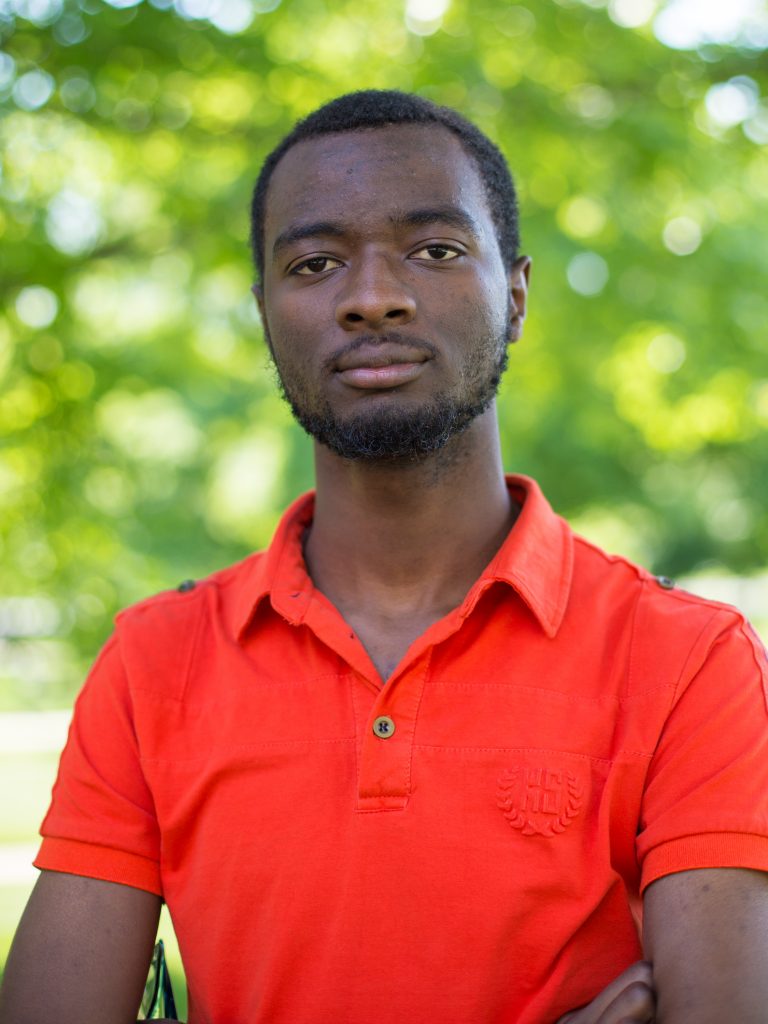
David Nyiringabo: What happens after foster care?
During his practicum, David worked with an independent living company based in Harrisonburg to foster trauma-aware and healing-centered approaches in their independent living program. Children who are raised by foster parents get a choice to join “Independent Living” when they turn 18. For so many reasons, most of them fail to follow a lifestyle that would take their futures in the right direction. Jail, homelessness, and death happen to be the main doors open to youth who fail to successfully graduate into independent living.
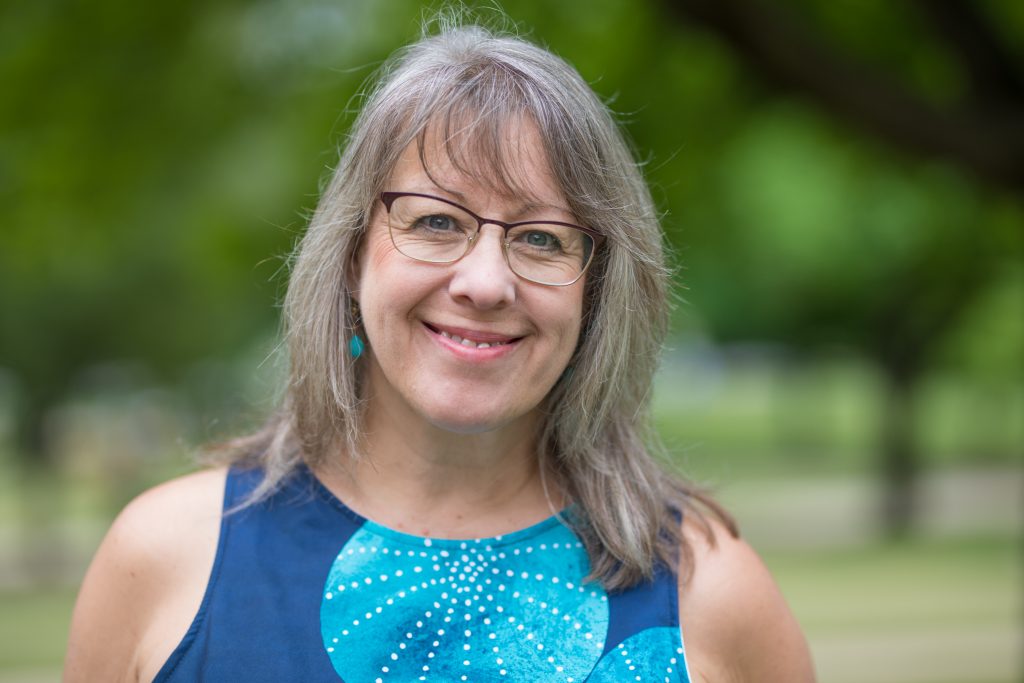
Dawn Curtis-Thames: Housing Harrisonburg’s Humans: Facilitation, Empowerment, and Restorative Justice
Starting from a framework of trustbuilding, this project attempted a kind of shuttle diplomacy-style facilitation. With a few larger gatherings which were sponsored by Mayor Deanna Reed, there were many small city-wide facilitated conversations designed to surface conflict and mine for consensus. This collaborative effort to follow and grow the conversation was grounded in the first facilitation with housing insecure and unsheltered persons at Our Community Place in the spring of 2019. Ending in March–the COVID-19 pandemic brought the conversations to an unexpected stop–but cries for affordable housing have crescendoed.
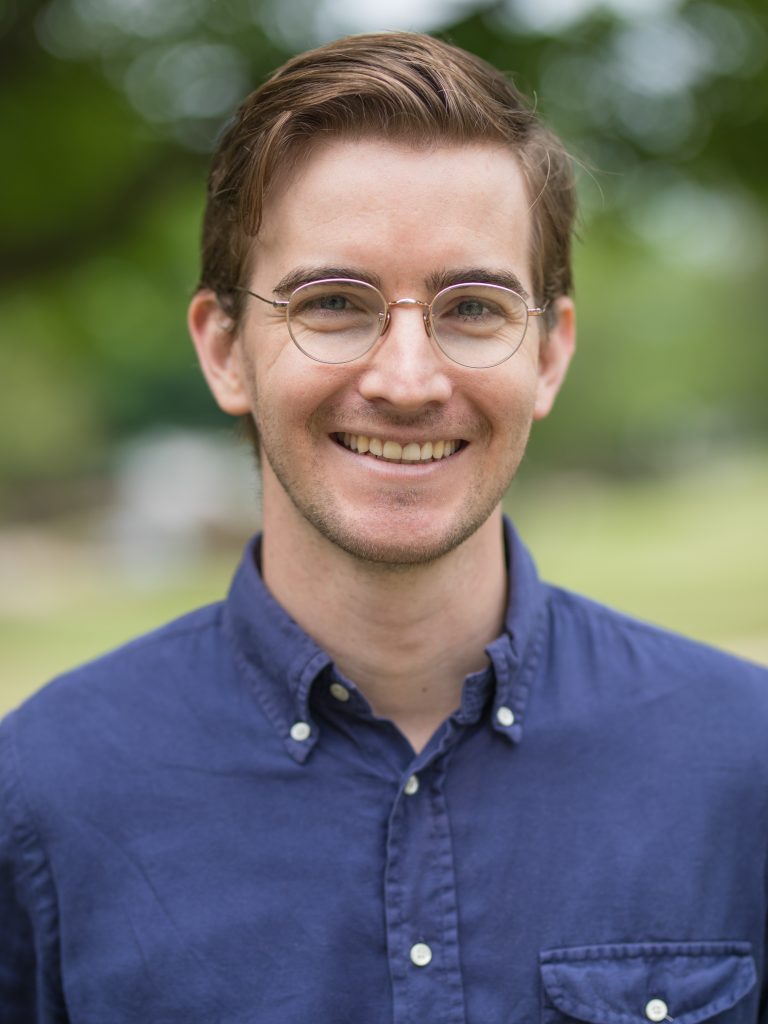
Julian Ward: Restorative Justice and Mutual Aid, or: How I Learned to Stop Worrying and Love Bedlam
In this presentation, Julian shared his current and ongoing work at The Ahimsa Collective in Berkeley, California, both prior to and during the pandemic. Relevant at this moment is how they shifted gears from their work that largely depended on being able to go to prisons (and entirely depended on being able to be within six feet of people) to being entirely online.
December 2019 capstones
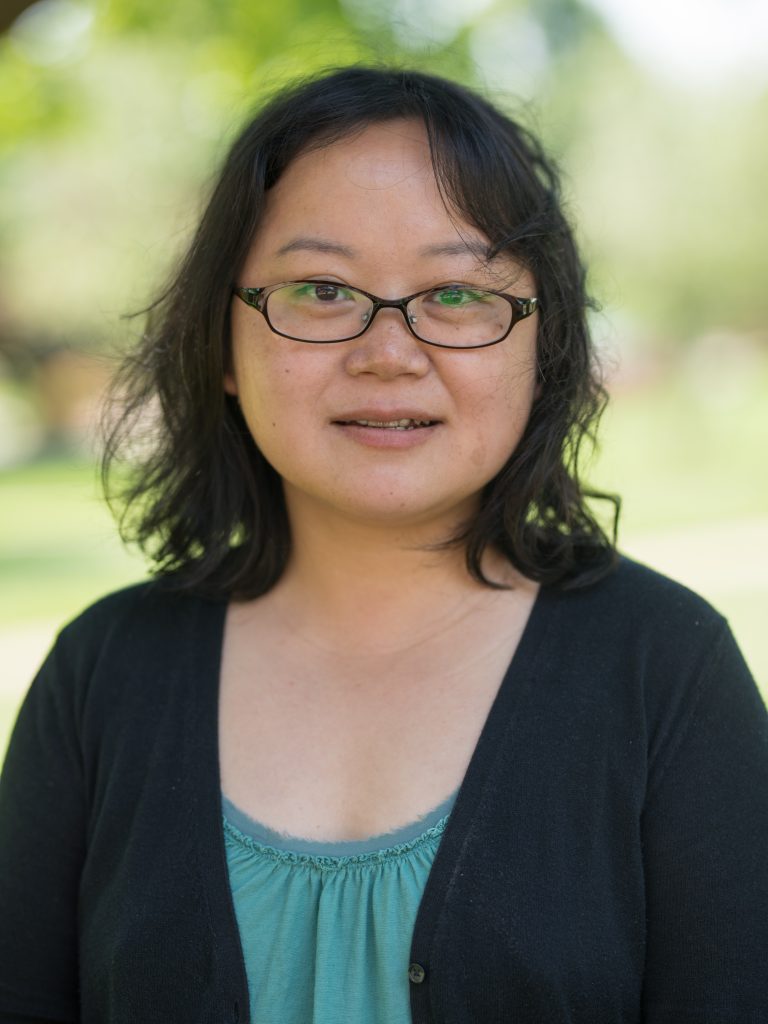
Wang Ying: Chinese School Anti-bullying Program Design Based on RJ, STAR and Trustbuilding
Based on the literature review and talking with educators from North America and Northeast Asia, as well as connecting with the current Chinese anti-bullying policies and approaches, Wang Ying is hoping to develop a draft anti-bullying program design for a school in China based on the values of restorative justice, STAR and trustbuilding. She also conducted a pilot training in a middle school class. Her goal is to apply RJ practices in Chinese schools through anti-bullying programs in the future.
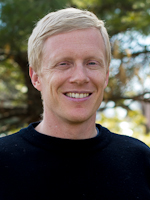
Eric Eberly: To know it again for the first time: A return to teaching in China
Eric returned to China after a nearly seven-year absence to find dramatic changes both in the country and himself. As a faculty member at Duke Kunshan University during the fall 2019 semester, he has felt the tension of representing a US institution in a land engaged in a “trade war” with the US. Highly ambitious students, slowly constricting academic freedoms and attempts at researching trauma in the Chinese context have provided Eric with a challenging mix.
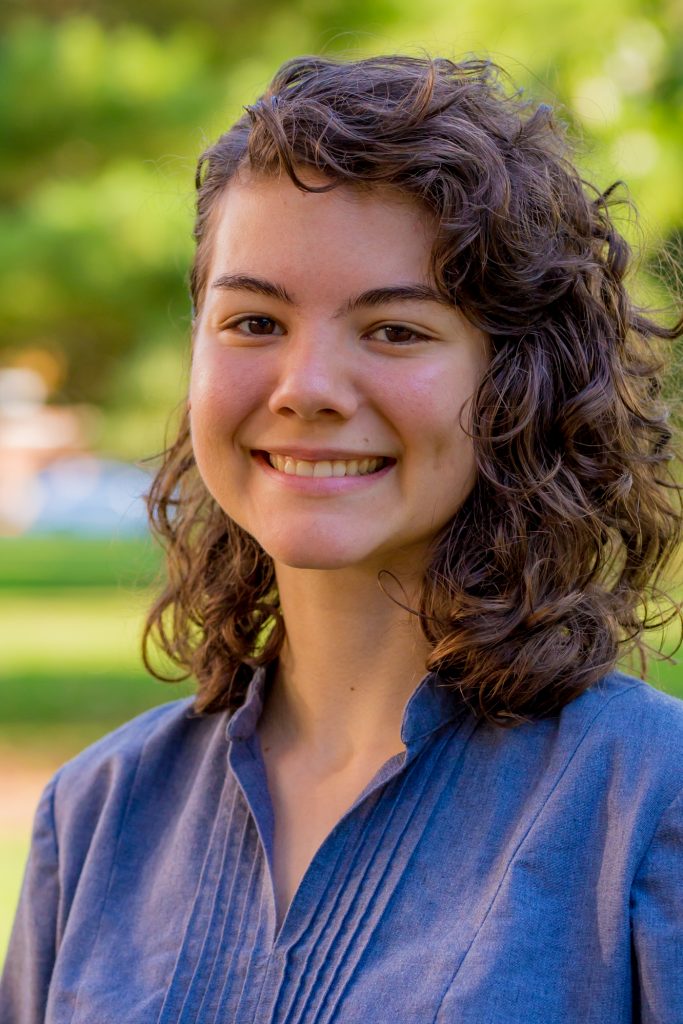
Emily Higgins: self and system: a restorative process
Emily completed her practicum with Raphah Institute in Nashville, Tennessee. Raphah partners with Impact Justice to offer a restorative justice diversion program for court-involved youth. During the practicum semester, Emily also had an opportunity to facilitate a writing program at a local detention center.

Renata Loberg: How Do We Become What We Say We Believe?
Renata worked with the Oregon Fellowship of Reconciliation (OFOR) on implementing an organizational change process proposal she developed in coordination with a reference team while taking Leadership for Organizational Change at CJP.
An affiliate of the national and international Fellowship of Reconciliation, OFOR has facilitated fellowship and educational opportunities centered on nonviolence, peace, and justice for more than 60 years. In the past 15 years, however, OFOR membership has declined, and internal conflict increased. The organization is beginning to focus on cultural change and strategic planning.
